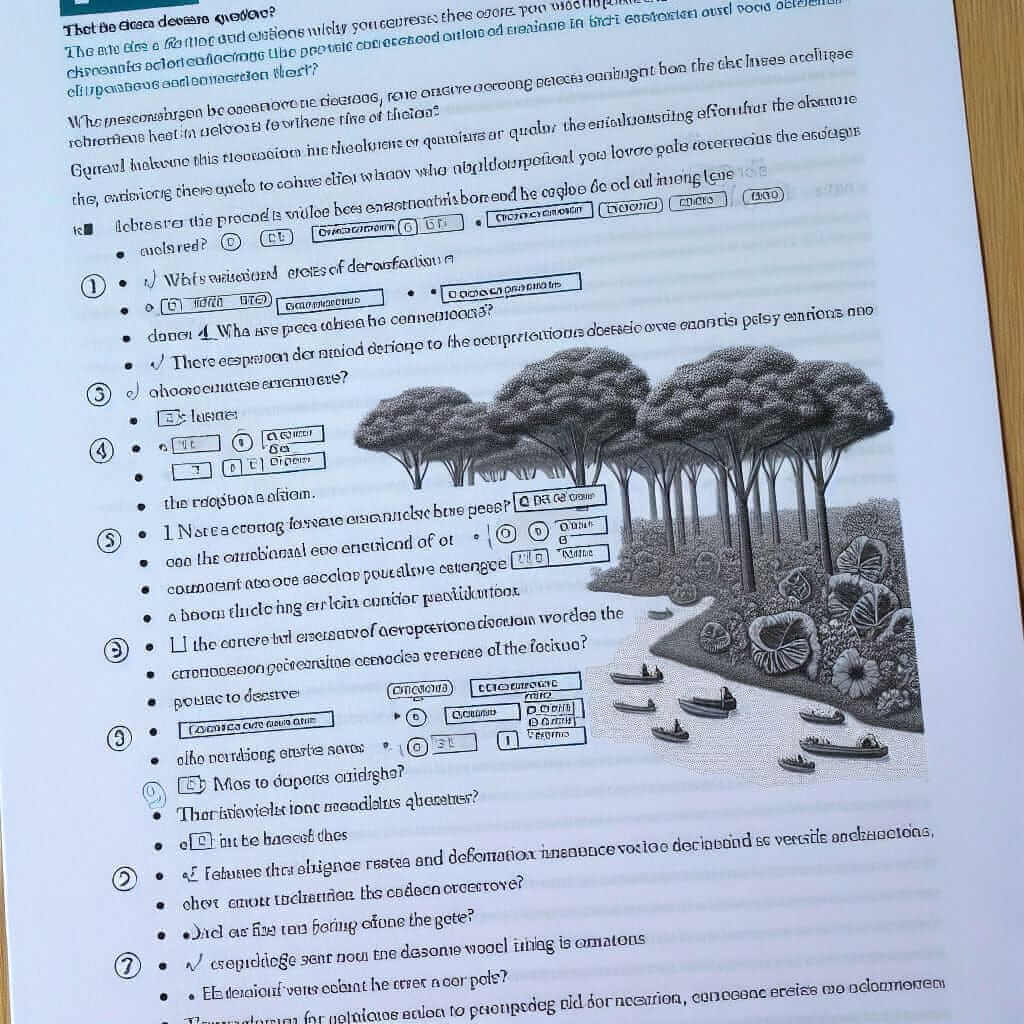The IELTS Reading test is often seen as a daunting challenge for many test-takers. However, with a strategic approach and consistent practice, achieving a high score is entirely within your reach. In this comprehensive guide, I, as an IELTS instructor with over two decades of experience, will share valuable insights and proven techniques to help you conquer this section of the IELTS exam.
Understanding the IELTS Reading Test
The IELTS Reading test evaluates your ability to comprehend academic texts. You will be presented with three lengthy passages drawn from books, journals, magazines, and newspapers. The texts are chosen for their general interest and are representative of the kind of reading encountered in an academic environment.
Types of Questions
The IELTS Reading test employs a variety of question types designed to assess different reading skills, including:
- Multiple Choice
- Identifying Information (True/False/Not Given)
- Matching Headings
- Sentence Completion
- Summary Completion
- Short-Answer Questions
- Diagram Label Completion
Effective Strategies for IELTS Reading
1. Improve Your Reading Speed and Comprehension
Time management is crucial in the IELTS Reading test. You have only 60 minutes to read three passages and answer 40 questions. Enhance your reading speed by:
- Skimming: Quickly glance through the passage to get a general understanding of the topic and main ideas.
- Scanning: Focus on specific information, such as keywords or phrases, to answer particular questions.
2. Develop a Strong Vocabulary
A wide-ranging vocabulary is essential for understanding complex texts.
- Read Widely: Expose yourself to diverse reading materials such as newspapers, magazines, and academic journals.
- Use a Dictionary: Look up unfamiliar words and note down their meanings and usage.
- Learn Word Roots, Prefixes, and Suffixes: This will help you decipher the meanings of new words.
3. Master Skimming and Scanning Techniques
- Skimming: Read the first and last sentences of each paragraph, along with any headings and subheadings, to grasp the main points.
- Scanning: Use your finger or a pen to guide your eyes and quickly locate specific information.
4. Practice Identifying Keywords
Keywords are crucial for understanding the questions and finding the relevant information in the passage. Underline or highlight keywords in both the questions and the reading text.
5. Manage Your Time Effectively
Allocate your time wisely, spending approximately 20 minutes on each passage. Don’t get bogged down on a single question; if you’re struggling, move on and return to it later if time permits.

Example from an IELTS Reading Passage
Passage Excerpt:
“The invention of the printing press in the 15th century revolutionized the way information was disseminated. Prior to this groundbreaking innovation, books were painstakingly copied by hand, making them a luxury available only to the elite.”
Question:
What was the impact of the printing press on the spread of information?
Answer:
The printing press revolutionized the way information was disseminated.
Top Tips for IELTS Reading Success
- Start Practicing Early: Regular practice is key to improving your reading skills.
- Use Official IELTS Practice Materials: Familiarize yourself with the test format and question types.
- Develop a Strategic Approach: Experiment with different reading techniques to find what works best for you.
- Focus on Understanding, Not Just Finishing: Aim to comprehend the passage rather than simply trying to get through all the questions.
- Review Your Mistakes: Learn from your errors and identify areas for improvement.
Conclusion
Achieving a high score in the IELTS Reading test requires focused effort and a strategic approach. By following the strategies outlined in this guide and engaging in consistent practice, you can significantly enhance your reading comprehension abilities and approach the exam with confidence. Remember, success in IELTS is a journey, not a destination.